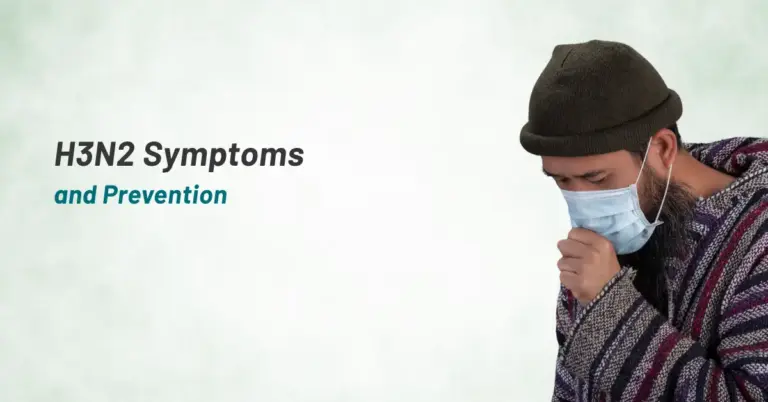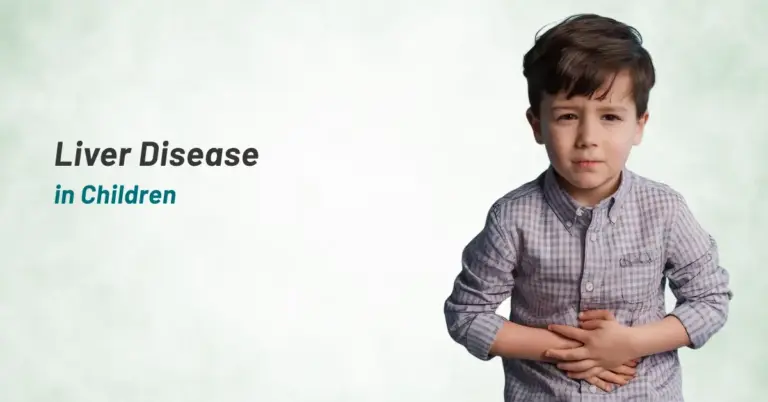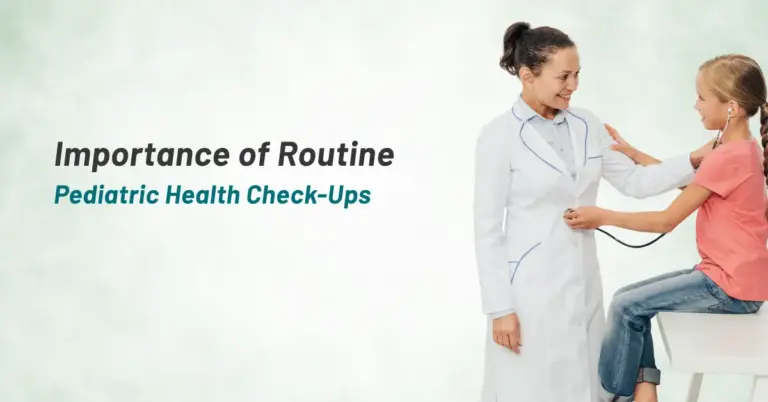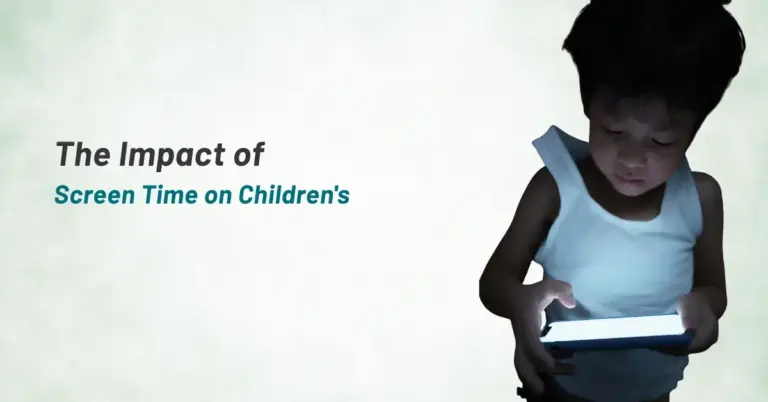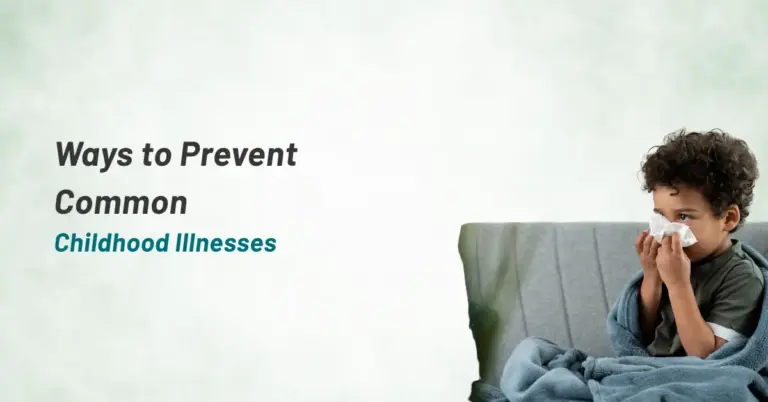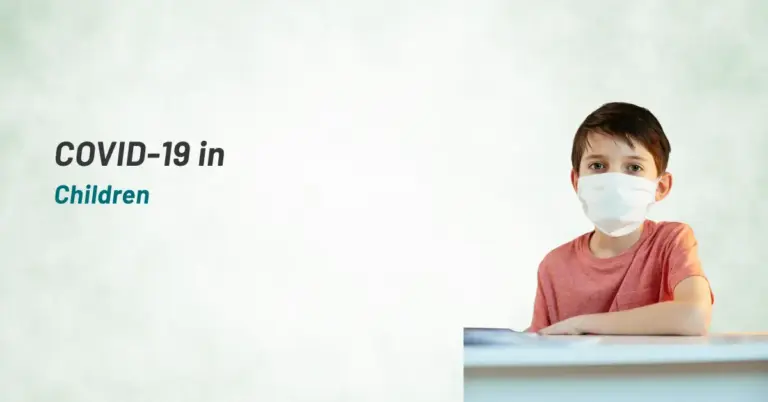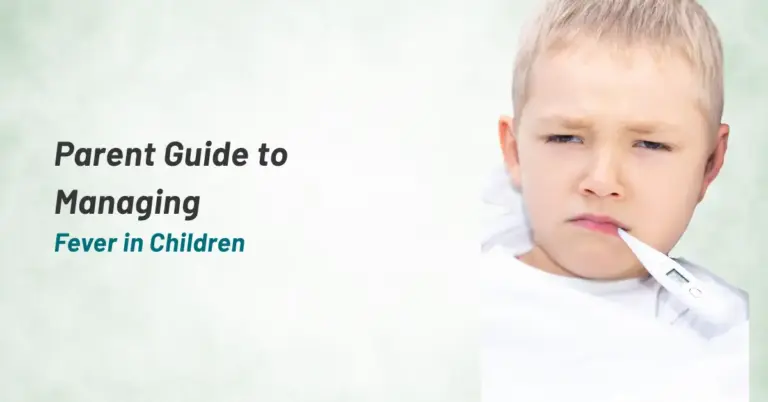A pediatrician is a physician who specializes in the diagnosis and treatment of conditions that affect the health of children. The selection of a pediatrician is an important decision that each and every parent is tasked with making. Therefore, prior to making a decision regarding a pediatrician for your child, you should give careful consideration to a number of different factors and conduct an appropriate amount of research. One of the best things you can do for your children’s health is to select a pediatrician for them and establish a close relationship with the doctor.
Read through this post to gain an understanding of the important factors that should be considered when selecting a pediatrician for your child. As a parent, you are extremely concerned about the well-being of your child. You will have to make multiple trips to the hospital during the first year of a newborn baby’s life. Because of this, it is essential that you find a pediatrician who is qualified to treat your child. When looking for a pediatrician, it is important to keep the following guidelines in mind:
Experience & Qualification of the Doctor
You must make sure the doctor is approachable enough and responds to queries and concerns in an appropriate manner. When selecting a pediatrician, a doctor’s education and experience will play a significant role. Verify the board certification of your candidates. Making the best choice will be aided by carefully reviewing the pediatrician’s training, professional trajectory, and clinical experience. You can call the doctor’s office or possibly find all of this information online. Assess the doctor’s comfort level and see if he/ she has the patience to hear and comprehend the parents’ worries.
Interaction with the kid
One of the most crucial factors in ensuring that your child receives the best care is going to be how comfortable you feel around the doctor. Is the place tidy? Do the employees interact with you and your child in a friendly manner? Some of this may seem unimportant but consider it from your child’s point of view. You are requesting your children’s consent to have their mouth, ears, and nose prodded. Therefore, finding the right fit can make a world of difference for both you and your kid. Being unable to express your questions, feeling compelled to follow orders, or leaving feeling unsure or confused are all stressful. Your pediatrician needs to be a very skilled communicator.
Proximity and Availability
The best option is a doctor who is based relatively close to where you live. The first thing you should look for is a pediatrician who practices in a nearby area so that taking a sick child to the hospital will be simple. Although your pediatrician might not always be available, it is still preferable to have a backup plan in place in case of an emergency. Inquire about the number of patients they typically see each day as well as the average length of appointments.
Emergency and backup handling
If you are a first-time parent, a newborn’s behavior can be completely unpredictable and overwhelming. It is painful and stressful for the parents to watch their baby go through anything, whether it be a small rash or a high fever. A prompt phone call or a trip to the doctor is helpful in these situations. What if everything goes down after work hours? The pediatrician will be reachable by phone, right? In an emergency, could you meet them? The pediatrician is always on call at Prashanth Hospitals. A pediatric emergency physician will be on call throughout the night for any kind of emergency.
Assess the Pediatric Practice as a Whole
Larger practices that have multiple locations, such as Prashanth Hospitals, have a number of compassionate pediatricians who can attend to your needs in the event that the child becomes ill unexpectedly and your primary care physician is unavailable. Your child’s medical records will be accessible to any doctor that you see at a multi-specialty hospital like ours, which means that your children will always receive the personalized care they require when they are treated here. This is an additional advantage of our facility.
Ask other parents
Never be afraid to strike up a conversation with other parents if you find yourself in the waiting room of a hospital looking for a pediatrician. You will get a good idea of how they feel about the doctor, the practice, and the atmosphere.
Is the doctor a good fit for your kid?
Before making a final choice, you can inquire specifically about wait times, operating hours, and more. The next step is to schedule an appointment for a checkup once you’ve found a pediatrician you like. This gives you the chance to ask any queries you may have and determine whether the physician is a good fit for your family. You could become a patient if everything goes according to plan! Remember that it’s crucial to find a doctor you trust and who will be there for you and your child as they develop. A Pediatrician should be carefully selected as a vital member of your family’s healthcare team.
We sincerely hope that the information we have provided on how to choose a pediatrician will be of assistance to you in making a choice that is both good and appropriate for your child. Do not be hesitant to get in touch with us if you have any additional questions or if you would like to schedule an appointment to discuss your child’s health with our seasoned pediatrician.


